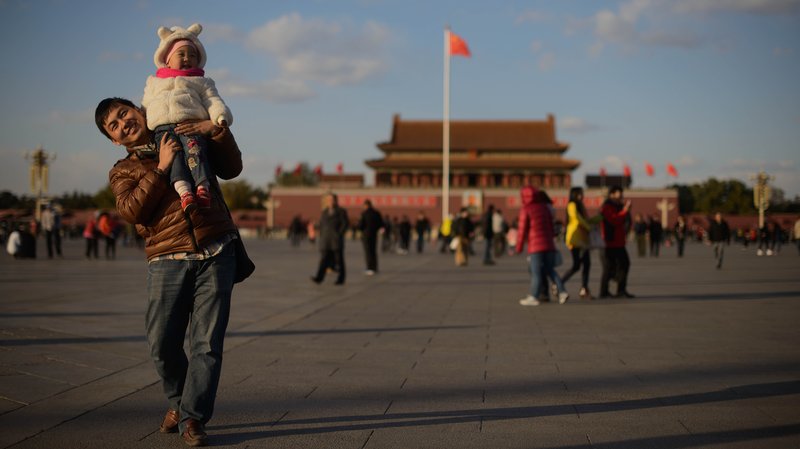For many in the West, China’s one-child policy has come define the country. In this regard it is perhaps second only to the occupation of Tibet. As a response to a crisis, in this case one of overpopulation, it was as brutal as it was effective. With China increasingly conscious of its international image, the policy is to be relaxed to allow every couple two children. Now is the time to take stock of China and specifically where this leaves its infamous human rights record. The most obvious response would seem to be dismissing this as too little, too late. For thirty five years the Chinese government has approved forced abortions and sterilisation while turning a blind eye to infanticide. Very few would argue such actions are justified as a response to any crisis.
China is a country which has been launched by globalisation into a modern world dominated by western ways of thinking. This is a society that has been defined by collectivism since long before Communism came on the scene. In more than a few ways exposure to the individualism which typifies many western nations has disturbed Chinese national pride. For their government this has manifested itself as a desire to find Chinese solutions to Chinese problems. This is not to justify the one-child policy, merely to lend it some context.
On 30th October the University of Leeds proudly announced it would open its first overseas school. It is to be located in Chengdu, China. This is an audacious move and begs the question; did the university take human rights into consideration? It does seem most unlikely that they did. China is an emerging superpower and, distasteful though it might be, there is just too much to gain from working with them. In doing so, are we endorsing the human rights violations of the one-child policy? That is the past and the new school is an investment in the future.
China has taken an important step in the right direction by relaxing the policy. It cannot be denied that it has taken them far too long but they have done it now. In time, it may be hoped, that one step will become many as further human rights violations are put behind them. If we wish to encourage China down this path, it will be best for us to offer cooperation rather than condemnation. Come the end of this century it is not naive to expect that China will be a very different country to the one it is now. Then they can look back, condemn their own past actions and perhaps even hold to account those responsible. In many ways the one-child policy will be to them as the transatlantic slave trade is to Britain; a shameful part of our heritage from which we learnt important lessons. Imperfect though it may still be, this is a nobler country now because of those lessons and the same will one day be true of China.
Michael Everitt
[Image: Getty Images]

